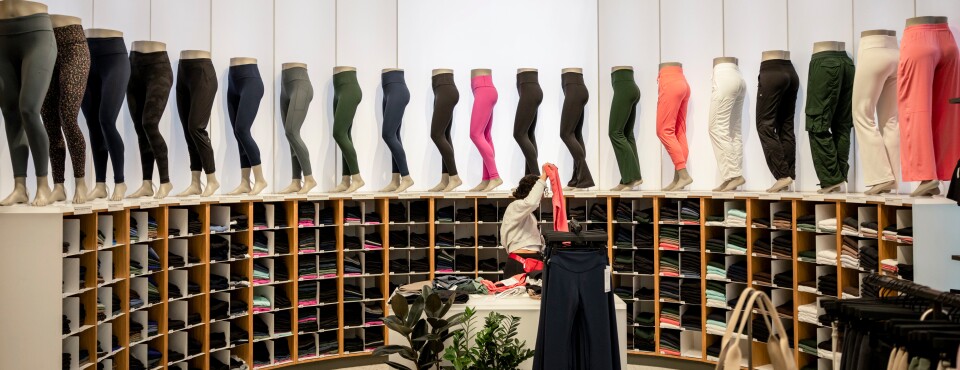
"In a recent Bloomberg Opinion piece, Andrea Felsted captured how we're living in the height of copycat consumerism, where replicating elements of brand identity has shifted from exception to expectation. To intellectual property counsel, this brand creep is far more insidious than the knockoff athleisure or fake cosmetics may appear. Brands are being eroded by the so-called greatest form of flattery, imitation. In this environment, brands must prioritize trademark and design protection as a core business function-and shape the broader narrative around dupe culture."
"The Lululemon v. Costco battle is a prime example of dupe culture's evolution. A well-known retailer sued a multibillion-dollar wholesaler not over individual product revenue, but over the wider reaching implications of a company's imposition on one's brand. The issue is nuanced. Costco Wholesale Corp. has launched its own range of activewear, which bears a startling resemblance to Lululemon Athletica Inc.'s signature pieces."
Copycat consumerism has shifted replicating elements of brand identity from exception to expectation. Brand creep is more insidious than knockoff athleisure or fake cosmetics because imitation erodes brand distinctiveness. Brands must prioritize trademark and design protection as core business functions and actively shape narratives around dupe culture. The Lululemon v. Costco dispute illustrates the stakes: a retailer sued a wholesaler over broader brand implications rather than direct product revenue. Influencer-driven promotion of lookalikes has normalized dupes and complicates traditional trademark enforcement when names and logos are not copied.
Read at Bloomberglaw
Unable to calculate read time
Collection
[
|
...
]